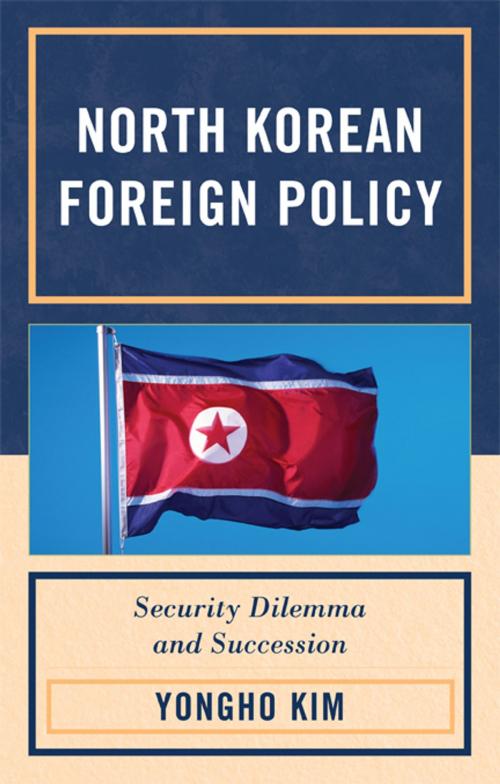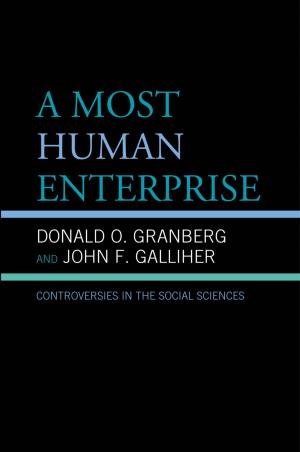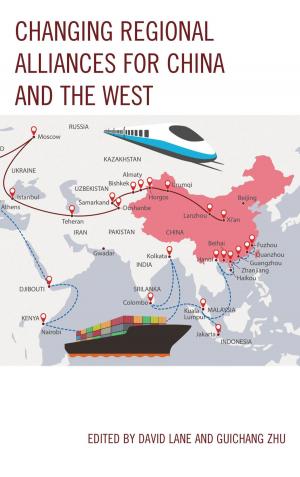North Korean Foreign Policy
Security Dilemma and Succession
Nonfiction, Social & Cultural Studies, Political Science, International, Foreign Legal Systems, International Security, International Relations| Author: | Yongho Kim | ISBN: | 9780739148648 |
| Publisher: | Lexington Books | Publication: | December 16, 2010 |
| Imprint: | Lexington Books | Language: | English |
| Author: | Yongho Kim |
| ISBN: | 9780739148648 |
| Publisher: | Lexington Books |
| Publication: | December 16, 2010 |
| Imprint: | Lexington Books |
| Language: | English |
North Korean Foreign Policy: Security Dilemma and Succession, by Yongho Kim, starts from the point of view that North Korea's provocations have been motivated more by fear than by her in-born provocative nature. Kim argues that North Korea's provocative foreign policy reflects its threat perception stemming from various security dilemma, and a very real concern regarding another father-to-son succession. This volume views North Korea's external and domestic threats as causes and its provocative foreign policy as an effect of the causes. The security dilemma has impelled North Korea to generate and thus portray to the world provocative signals, and the ever-pressing issue of Kim Jong-il's succession has driven him to prioritize his own political survival over that of North Korea's state survival. Unless Kim Jong-il's political survival is guaranteed, North Korea will not be interested in full-scale introduction of capitalist way of economic reform and economic package promised by the United States and South Korea in return for the abandonment of their nuclear program. North Korean Foreign Policy suggests that an effective policy for countries relating to North Korea, whether dovish or hawkish, should deal directly with Kim Jong-il's political survival, and not with Pyongyang's failed economy.
North Korean Foreign Policy: Security Dilemma and Succession, by Yongho Kim, starts from the point of view that North Korea's provocations have been motivated more by fear than by her in-born provocative nature. Kim argues that North Korea's provocative foreign policy reflects its threat perception stemming from various security dilemma, and a very real concern regarding another father-to-son succession. This volume views North Korea's external and domestic threats as causes and its provocative foreign policy as an effect of the causes. The security dilemma has impelled North Korea to generate and thus portray to the world provocative signals, and the ever-pressing issue of Kim Jong-il's succession has driven him to prioritize his own political survival over that of North Korea's state survival. Unless Kim Jong-il's political survival is guaranteed, North Korea will not be interested in full-scale introduction of capitalist way of economic reform and economic package promised by the United States and South Korea in return for the abandonment of their nuclear program. North Korean Foreign Policy suggests that an effective policy for countries relating to North Korea, whether dovish or hawkish, should deal directly with Kim Jong-il's political survival, and not with Pyongyang's failed economy.















